Tag: academic work
-
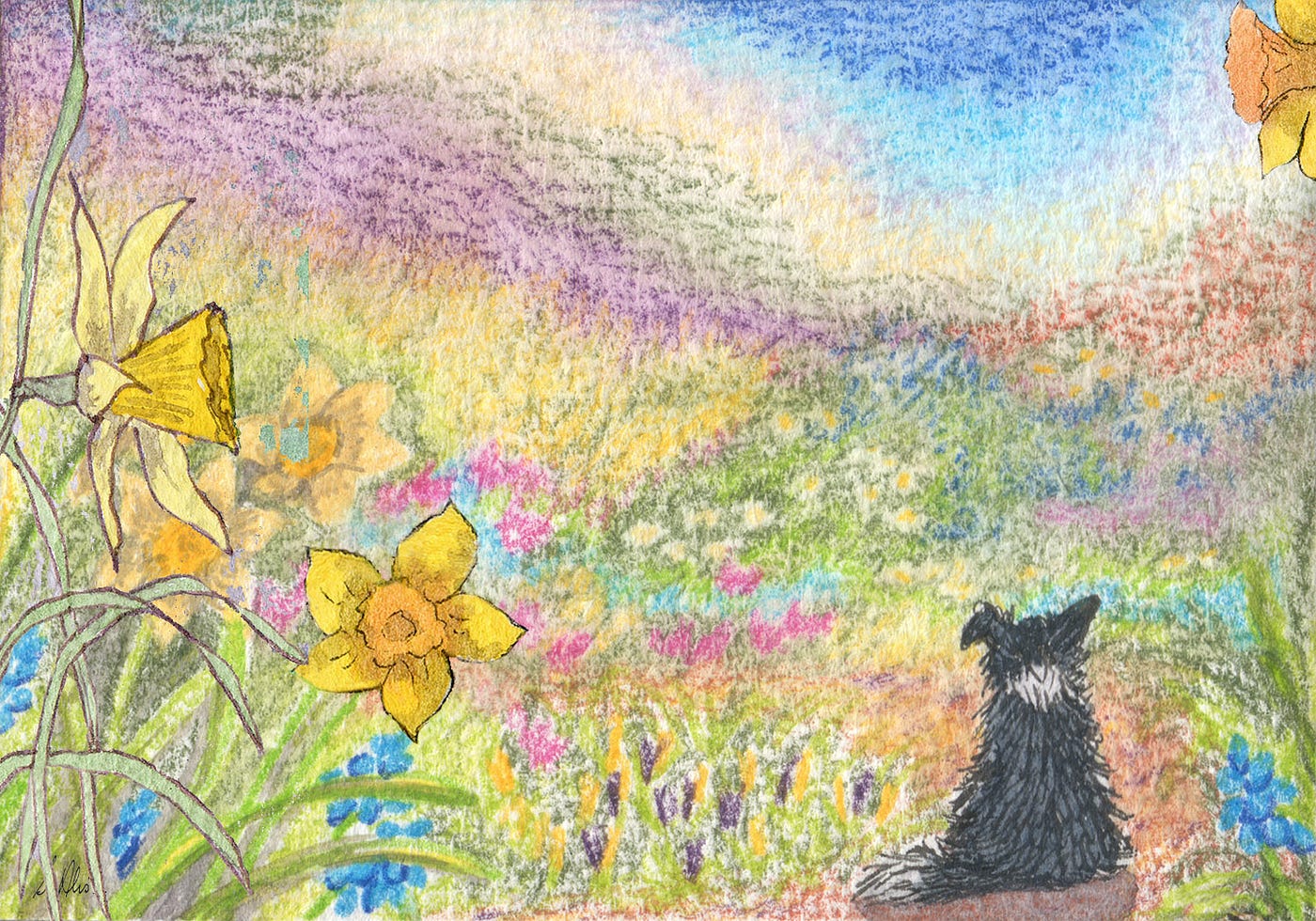
Figurative Language in Wordsworth’s ‘I wander’d lonely as a cloud’
Mason (2010) describes William Wordsworth as, above all, someone who listens and watched his world (p. ix). In 1804, fellow poet Samuel Taylor Coleridge (1895) wrote that Wordsworth was happy not because it was his natural disposition to be so, but because he “knows the intrinsic value of the different objects of human pursuit. .…
-
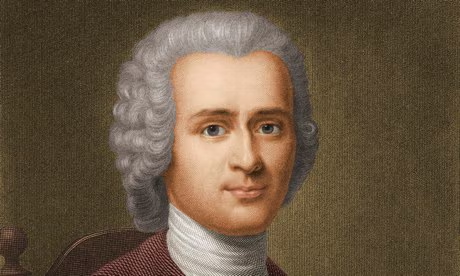
Unnatural Order: Men Are Actually Equal To Mice
A central theme to Rousseau’s philosophy was to restore freedom to humans in a way that would reconcile who we truly are and how we live together within nature
-

Dialogue in “A Lovely and Terrible Thing” by Chris Womersley
Womersley cleverly uses action, rather than speech tags, to accompany dialogue in ‘A Lovely and Terrible Thing’, implying the delivery of lines without explicitly telling a reader
-
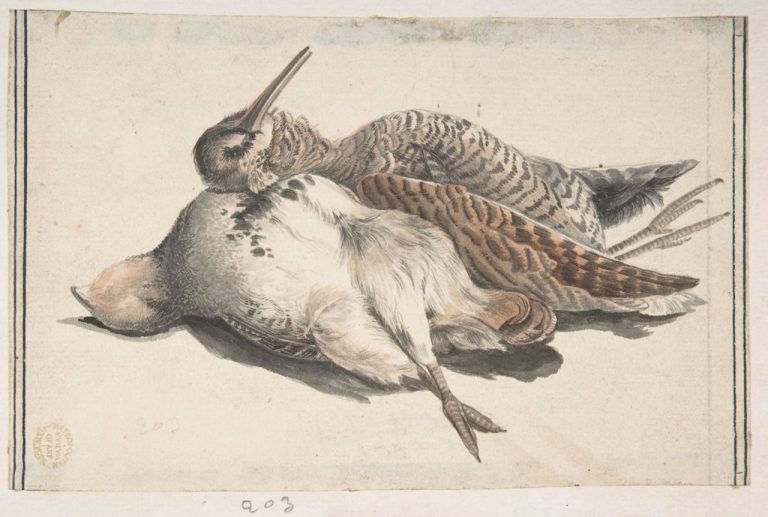
Hate Your Characters: ‘Mouthful of Birds’ and Distanced Readers
Samanta Schweblin’s decision to use first-person point of view of a disconnected father figure in ‘Mouthful of birds’ builds a story wherein Sara is alienated from the reader at the beginning, even without her eating of birds. This alienation, through clever use of character, narrator, and point of view choice, is the kernel that the…
-
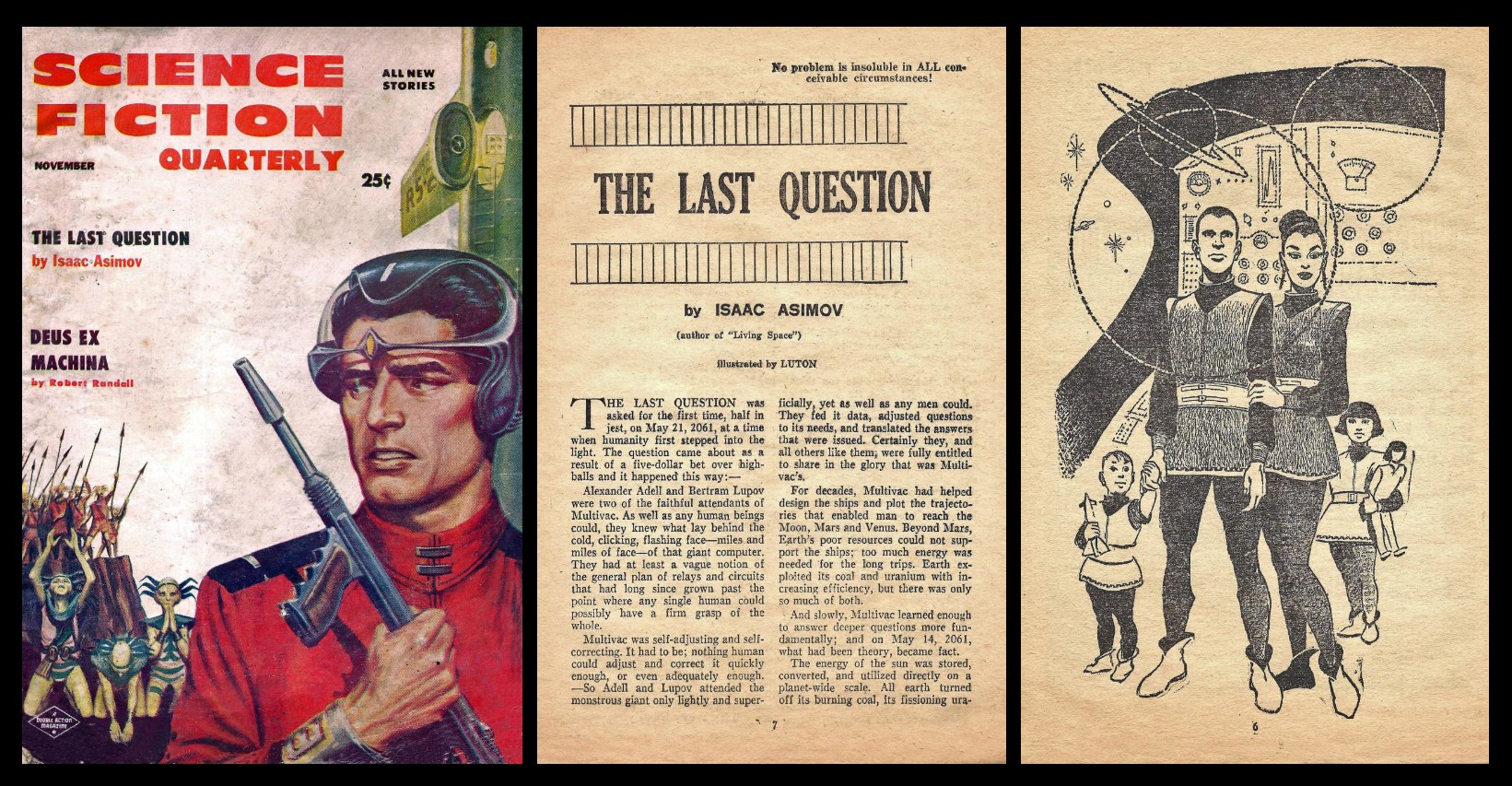
Self-Adjusting and Self-Correcting: Narrative Structure in ‘The Last Question’
‘The last question’ is a short story by Isaac Asimov (1974) that explores humanity throughout time and space as they advance a technology called Multivac, a “self-adjusting and self-correcting” computer who develops AI over time (p. 157). This mini-essay fits Freytag’s dramatic arc to and explores the narrative structure of ‘The last question’.
-
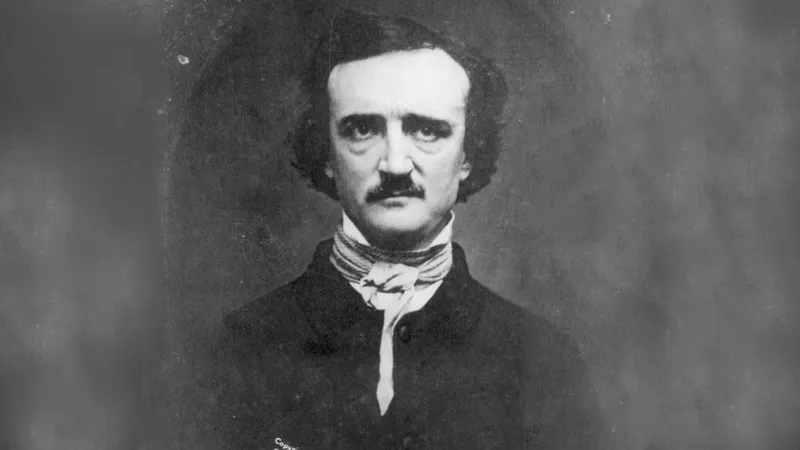
Murder, Madness and Horror: Poe’s ‘The tell-tale heart’
Poe’s ‘The tell-tale heart’ cleverly uses tone and language to indicate at the speaker’s desire—to convince the reader of his sanity—and his decline into madness as his actions weigh on his mentality.
-
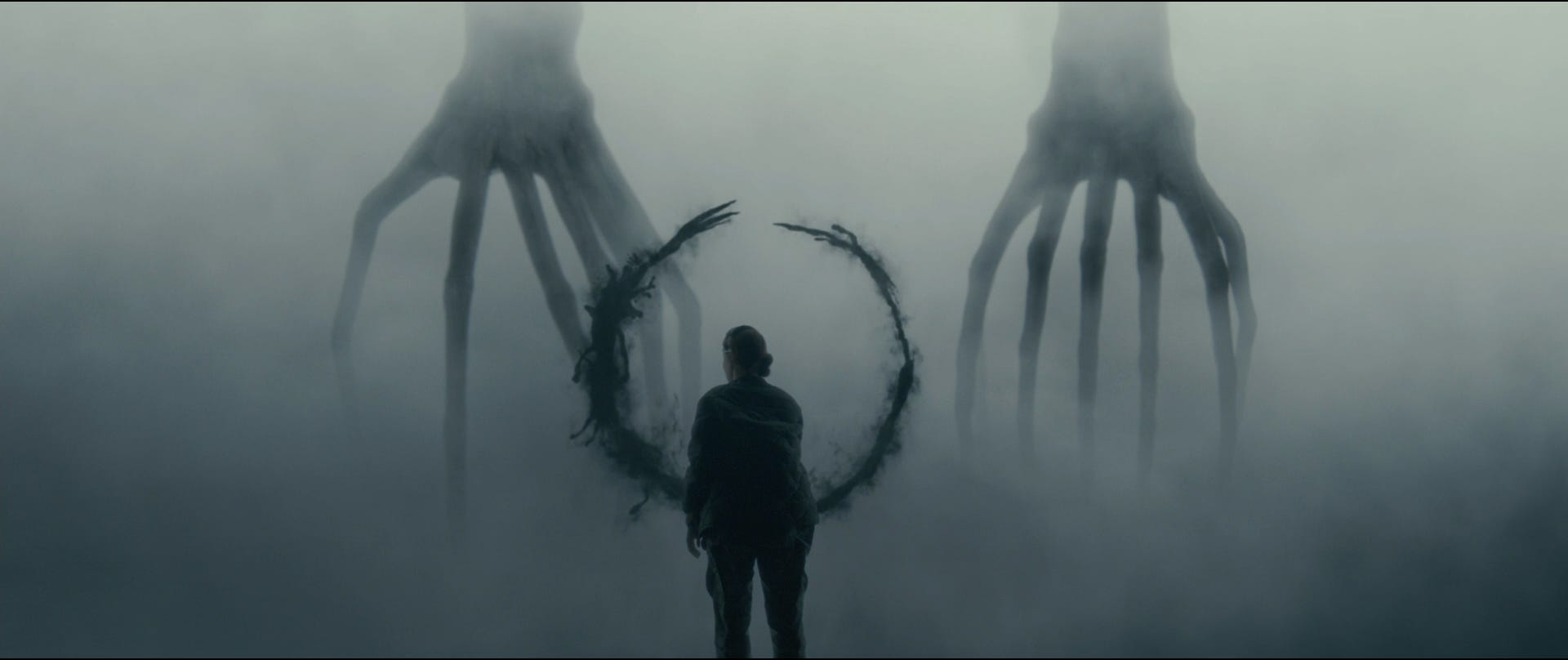
The Not-Yet Child: Weaponisation of Motherhood in the movie Arrival
Examining the representation of gender and motherhood by discussing the portrayal and function of female bodies in Arrival and ‘Story of Your Life’; the essay ultimately argues that—contrary to most feminist reviews of the movie—Arrival does not fairly represent the female lead Louise, especially in comparison with ‘Story of Your Life’.
-
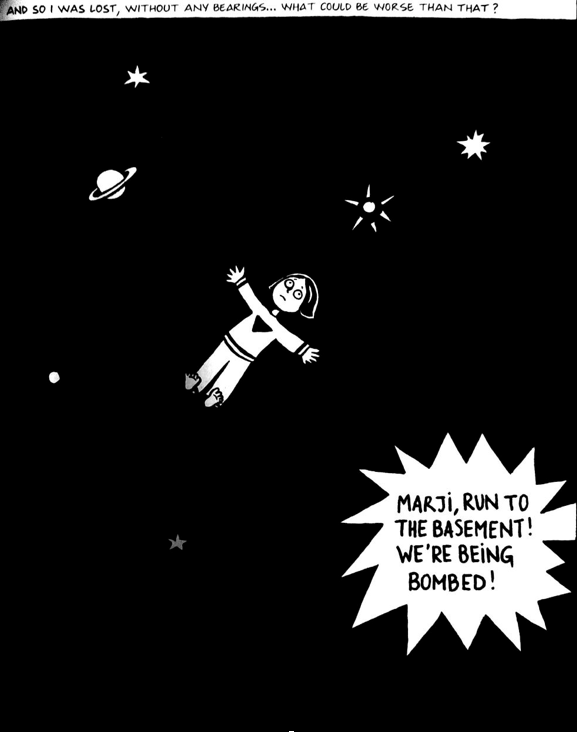
Landscape and the Connection to Possible Selves
When a character is connected to the concept of the possible self, it provides context for the past and incentives for the future, creating a complex emotional map to understanding; this theory can be applied when analysing the restructuring of self-identity.